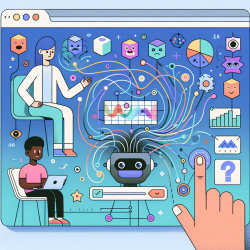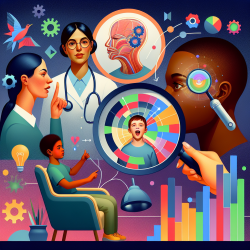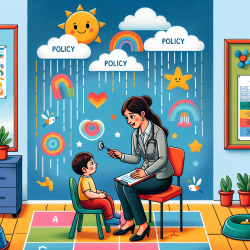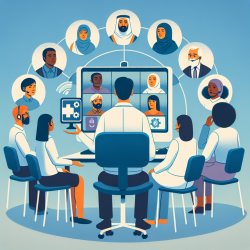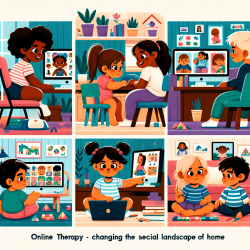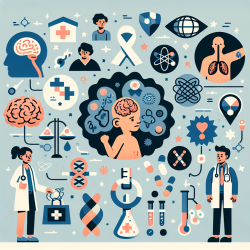The study examined 211 university students who used Kooth Student, an anonymous web-based therapy service, over one academic year. These students set a total of 625 therapeutic goals, averaging three goals per individual. The most common goals were related to obtaining additional support within the service and exploring their emotions.
Key findings from the study include:
- Female students were more likely to achieve their goals, with an average goal movement of 7.74 on a 10-point scale.
- Practical goals, such as getting more help both inside and outside the service, were more likely to be achieved compared to self-help/self-care goals.
- The study highlighted the importance of integrating web-based services with other forms of support, both online and in-person.
As practitioners, we can leverage these findings in several ways:
- Focus on Practical Goals: Encourage clients to set practical, attainable goals that can be achieved in a shorter time frame. This can boost their confidence and motivate them to pursue more challenging goals.
- Enhance Emotional Exploration: Provide a safe space for clients to explore their emotions, as this was one of the most common goals set by students. This can lead to a deeper understanding of their issues and more effective therapy.
- Integrate Services: Collaborate with other support services to provide a comprehensive care plan for your clients. This integration can help clients achieve their goals more effectively.
Moreover, the study underscores the need for further research to understand the complexities of online therapy. For instance, why do certain goals remain unmet? How can we better support students from diverse backgrounds? Addressing these questions can help us refine our practices and improve outcomes.
In conclusion, the insights from this research can significantly enhance our approach to web-based therapy. By focusing on practical goals, encouraging emotional exploration, and integrating services, we can create more effective therapeutic outcomes for our clients.
To read the original research paper, please follow this link: The Therapeutic Goals Set by University Students in an Anonymous Web-Based Therapy and Support Setting.




